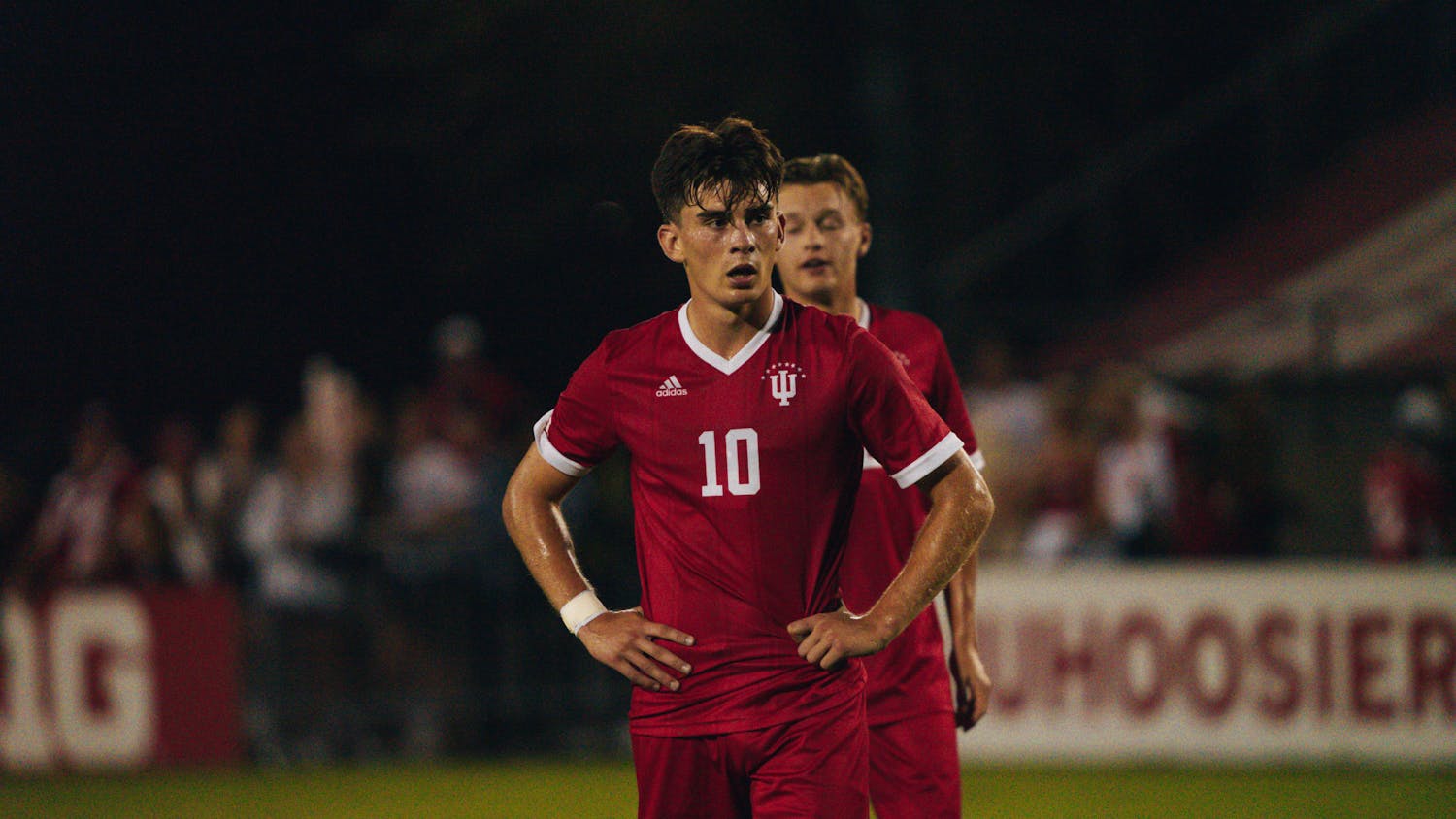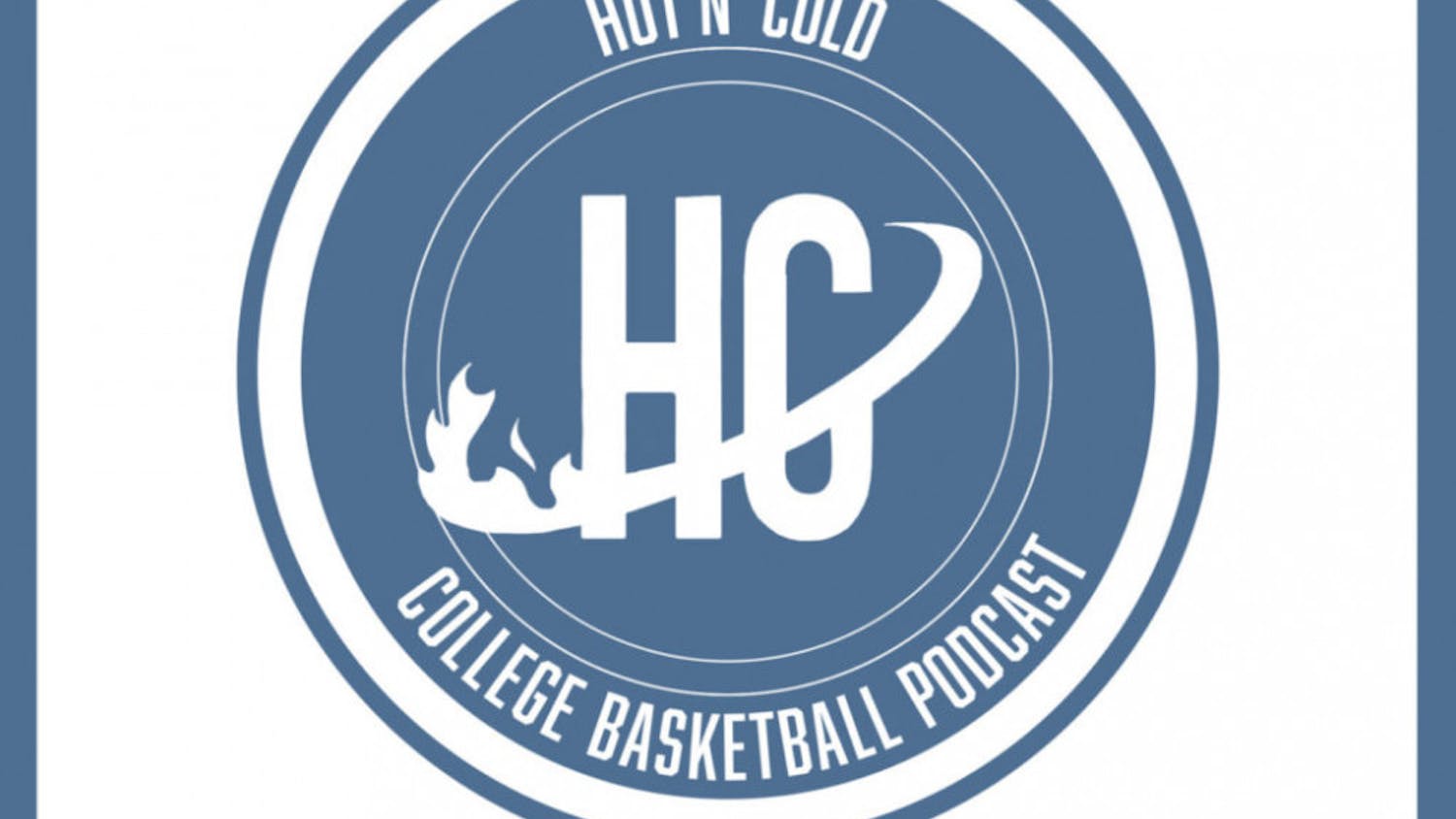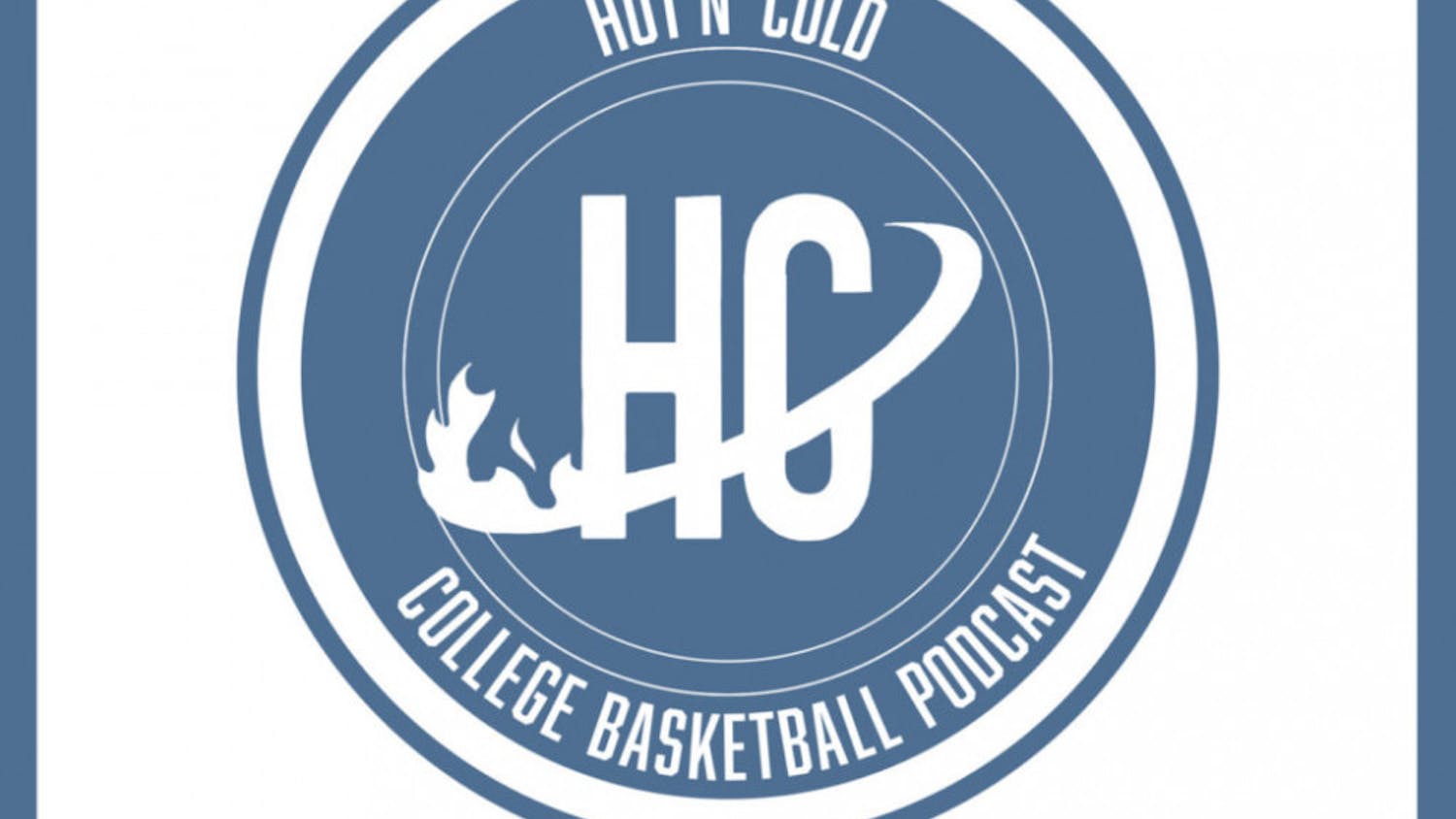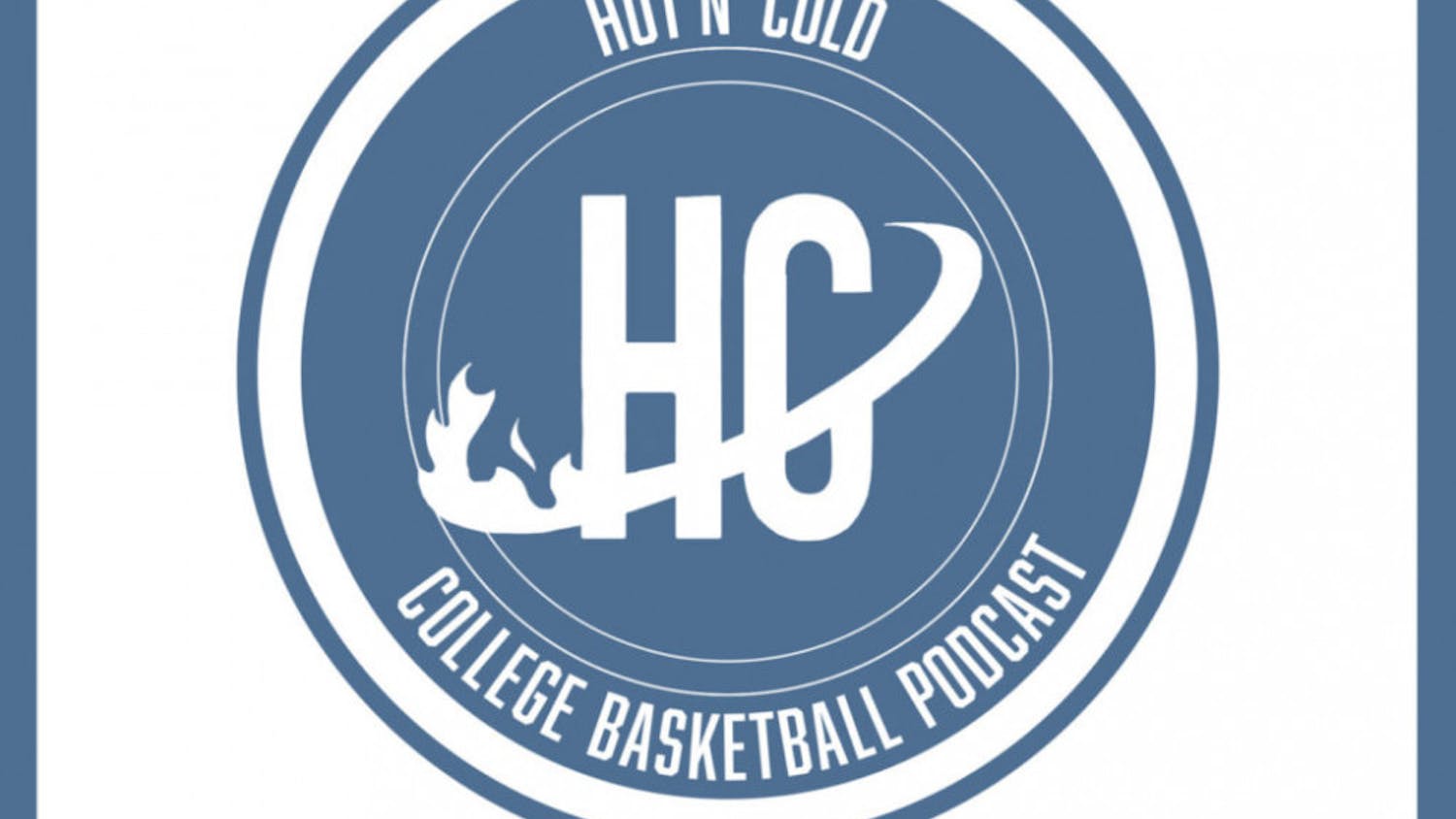The fifth edition of “Clear The Air” brings in Xan Smith. Smith is a third-year Ph.D. student at The Media School where they study and conduct qualitative research on a topic Mina Denny wants to dive a little deeper on in this episode: the relationship between gender and video games.
Many of the ways we see gender disparity being displayed in traditional sports can be reflected in e-sports, among other virtual gaming spaces as well.
Topics such as misogyny in video games, putting women behind paywalls, underrepresentation for female players, and the stereotype that sport is still an all boy’s club, are applicable in all professional sports, including e-sports.
“There’s a social pressure that being associated with e-sports is not deemed feminine, and it’s contrary to what women should be in regards to femininity,” Smith said. “These are things we’re seeing both in sports and e-sports to keep women out of that professional level.”
Female gamers receive triple the amount of harassment and negative comments that male gamers do, and a big reason why is because of these long-held stereotypes that women are inadequate players who just want attention from men.
Denny and Smith unpack the meanings behind some of these common perceptions for females in the industry such as the “gamer girl,” “gamer girlfriend” and “manic pixie dream girl” stereotypes.
The extra pressures that female players face, aside from the pressures they already have when preparing for a tournament, can be attributed to these stereotypes.
“For women, you have those same pressures (as men do), you want to improve, you want to play well, but then also you have this added pressure that if I don’t play well, people are going to accuse me of cheating, or they’ll say all women suck,” Smith said.
Often female players will pretend to be male players to avoid harassment. The backlash that both traditional female athletes and female e-sports players face are similar in the sense that there always seems to be some comparison to a man or a woman’s relationship to a man.
“There’s kind of the assumption you’re either playing games to find a guy or because your boyfriend plays games, or there to just get attention,” Smith said.
Many females in the past have suppressed their femininity because of these conventional ideas. Nevertheless, the younger generation of e-sports players we see today are entering a more inclusive space than ever before.
E-sport players around the world have started to leave the popular multiplayer game, World of Warcraft, because of the misogynistic and discriminatory culture surrounding it.
“The exodus of players from World of Warcraft has just been really heartening to see,” Smith said. “Not only are women realizing that this is a problem, but all players are realizing this is a problem and we can’t continue to support this.”
Twitch, along with many other e-sport streaming platforms, are now working really hard to not only support these diverse streamers, but to protect them and promote the idea that gender shouldn’t play a role when assessing one’s talent and skill.

Clear The Air: Comparing Esports & Traditional Sports with Xan Smith
More
Jack Edwards
· September 14
Sam Rentsch
· April 21





